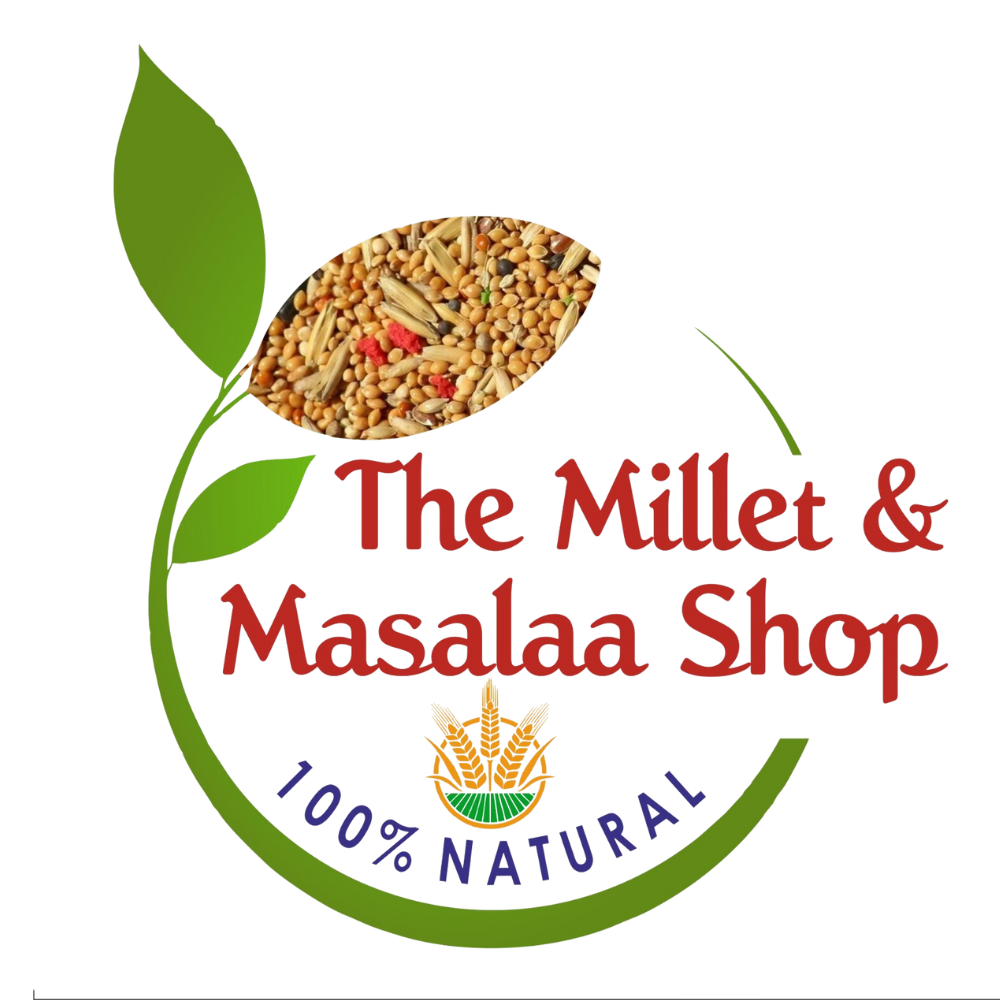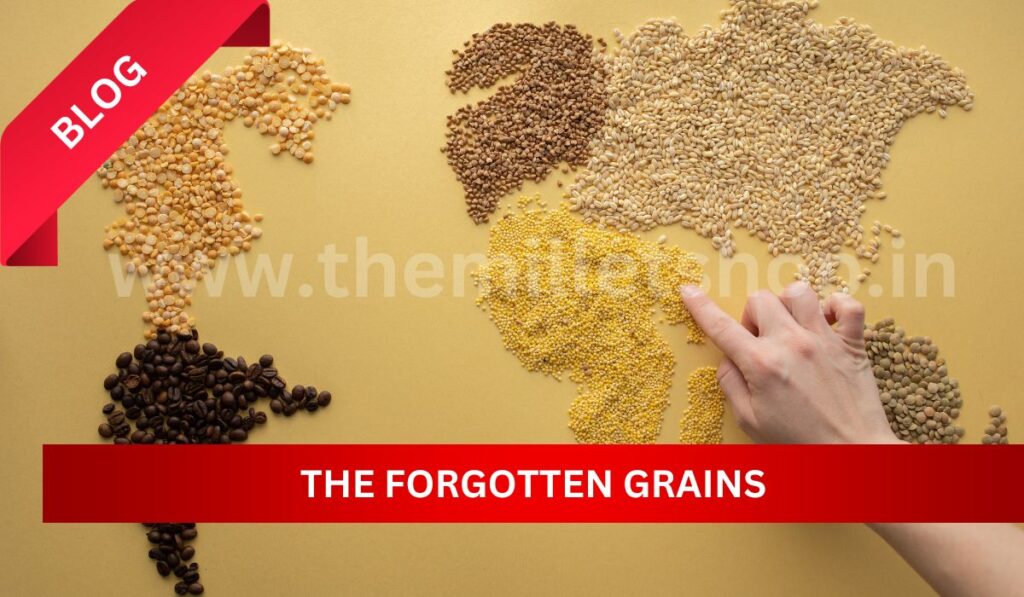Introduction: In recent years, there has been a growing interest in ancient grains and traditional foods as people seek healthier and more sustainable alternatives to modern staples. Among these rediscovered treasures are millets, ancient grains that have been a staple food in many cultures for thousands of years. Once considered “forgotten grains,” millets are now experiencing a resurgence in popularity as they make a comeback in modern diets. In this blog post, we’ll explore the reasons behind this revival and the many benefits that millets offer for our health and the planet.
The Rise and Fall of Millets: Millets have a long history of cultivation and consumption, dating back to ancient civilizations such as those in Africa, Asia, and the Middle East. These hardy grains were prized for their resilience in challenging growing conditions and their nutritional richness. However, with the advent of modern agriculture and the promotion of high-yielding cereal crops like wheat and rice, millets fell out of favor in many parts of the world. They were often relegated to the status of “poor man’s food” or used primarily as animal feed.
The Resurgence of Millets: In recent years, there has been a renewed interest in millets driven by several factors. One key factor is the growing awareness of the nutritional benefits of millets. Unlike refined grains, millets are rich in fiber, protein, vitamins, and minerals, making them a valuable addition to a balanced diet. Additionally, millets are gluten-free, making them suitable for people with gluten intolerance or celiac disease. As more people seek alternatives to wheat and other gluten-containing grains, millets have emerged as a viable option.
Another reason for the resurgence of millets is their environmental sustainability. Millet crops require less water and fewer chemical inputs compared to conventional grains like wheat and rice, making them more environmentally friendly. With concerns about climate change and water scarcity on the rise, millets are being recognized as a sustainable solution for food production.
Benefits of Millets in Modern Diets: Incorporating millets into modern diets offers a range of benefits for both individuals and the planet. From improved nutrition and better health outcomes to reduced environmental impact, millets have much to offer:
- Nutritional Benefits: Millets are nutrient-dense grains that provide essential nutrients such as fiber, protein, iron, magnesium, and B vitamins. Including millets in your diet can help support overall health, promote digestion, and reduce the risk of chronic diseases like diabetes, heart disease, and obesity.
- Gluten-Free Alternative: For people with gluten intolerance or celiac disease, millets offer a safe and nutritious alternative to wheat and other gluten-containing grains. Millet-based products like bread, pasta, and baked goods are becoming increasingly available in stores and restaurants, making it easier for people with dietary restrictions to enjoy a varied and delicious diet.
- Environmental Sustainability: Millet cultivation requires fewer resources and has a lower environmental impact compared to conventional grains. Millets are well-suited to dry and marginal lands, making them a resilient crop in the face of climate change. By promoting millet production, we can reduce pressure on water resources, decrease greenhouse gas emissions, and support biodiversity conservation.
- Culinary Versatility: Millets are incredibly versatile and can be used in a wide range of dishes, from savory pilafs and salads to sweet porridges and desserts. Their mild flavor and fluffy texture make them a perfect base for experimenting with different flavors and cuisines. Whether you’re cooking Indian, African, Asian, or Western cuisine, there’s a place for millets on your plate.
Conclusion: Millets may have been forgotten grains for a time, but they are now making a triumphant comeback in modern diets. With their nutritional richness, environmental sustainability, and culinary versatility, millets offer a win-win solution for health-conscious consumers and environmentally conscious eaters alike. By incorporating millets into our diets and supporting their cultivation, we can reap the benefits of these ancient grains while contributing to a healthier planet for future generations. So why not give millets a try and join the millet revival today?

